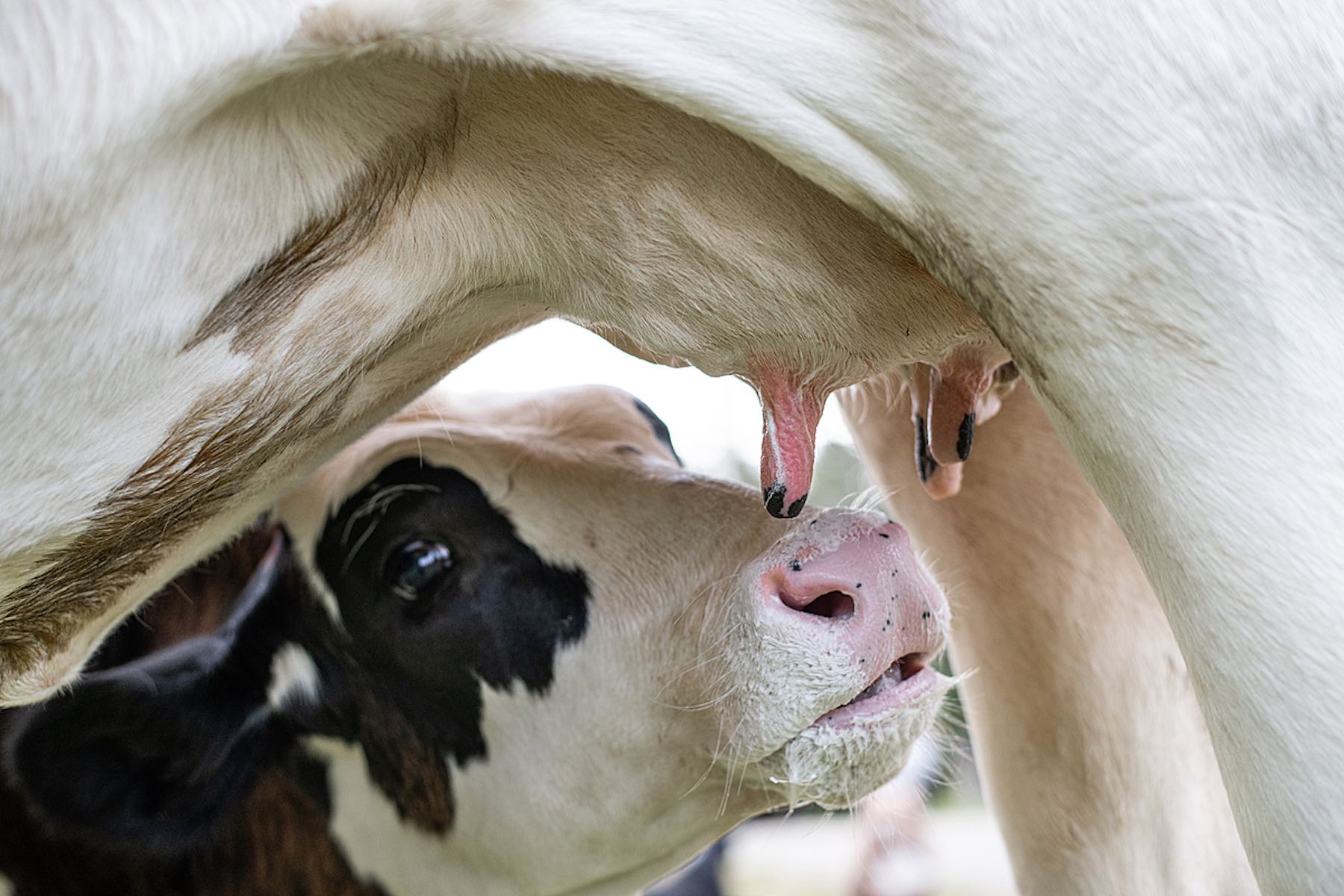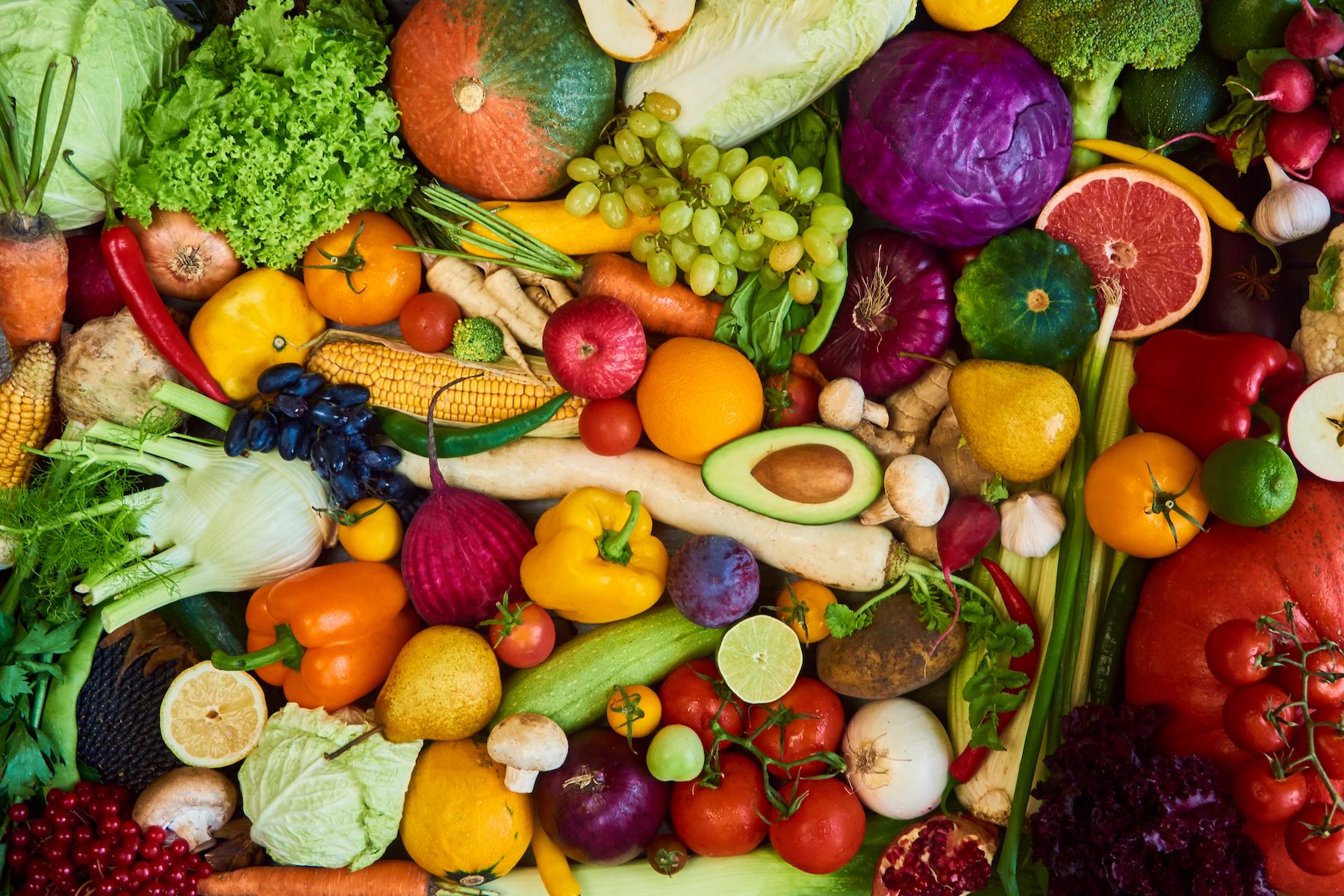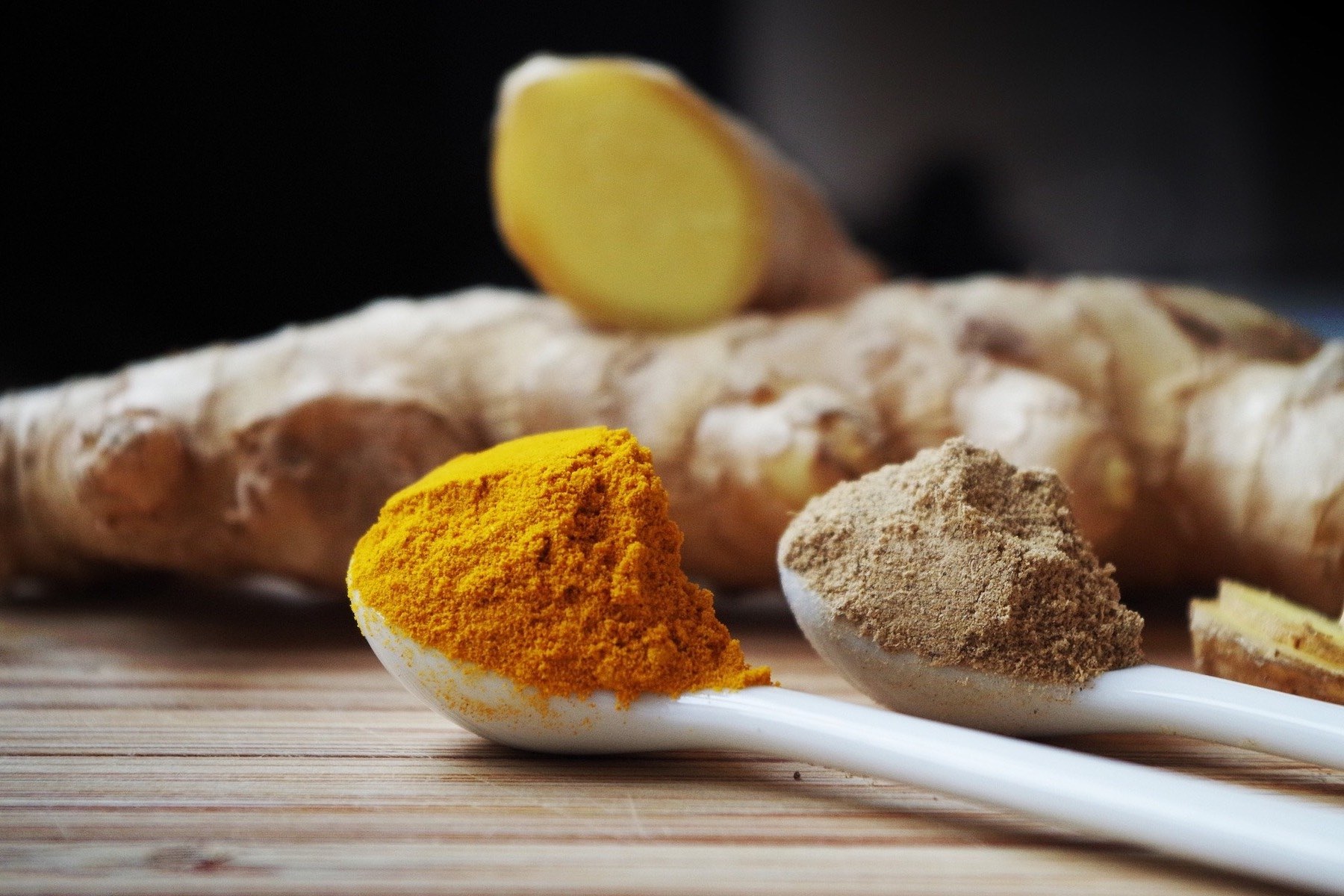What Are Hormones?
Hormones are our body’s chemical messengers. They travel in the bloodstream telling your organs, muscles, skin and other tissues what to do and when to do it. There are at least 50 hormones working in synergy, and they affect every aspect of our lives, from our mood to our energy levels to our blood pressure. They regulate our internal environment by directing hundreds of bodily processes. And that means we need them to be working optimally so we stay in optimal health.
Hormone Disruptors
There are many chemicals — both natural and manmade — that can interfere with our hormones. These chemicals are so common in the modern world that there are fears that they could do long-term damage to our health and wellbeing. These tend to be associated with industrial processes, toiletries, and plastics.
Dairy and Hormones

As well as chemicals disrupting our hormones, we are exposed directly to hormones in both dairy and in meat. This should not come as a surprise. Dairy is milk taken from a cow who is or was recently pregnant and is lactating. In her milk are bioequivalent hormones to human hormones, and inevitably they will have an impact.
A study of the existing research on this topic concluded: “the presence of steroid hormones in dairy products could be counted as an important risk factor for various cancers in humans.”
And it’s not just dairy. There are hormones in meat, too.
Meat, Plastic, and Hormones

A 2021 study found that phthalates, which are used to make soft plastics, were found in fast food items, and particularly in the meat-based dishes: chicken burritos and cheeseburgers. It’s clear that the plastic packaging they come in (or were transported in) is a problem, but it’s not the only problem.
Phthalates have been found in beef directly after the animal was slaughtered at the farm when the meat had no contact with any packaging materials. This suggests phthalates were in the animals’ feed or water.
According to Dr. Gemma Newman, speaking on the excellent Rich Roll podcast, meat is one of the main ways we get microplastic exposure. In the UK, phthalates are highest in fish, she says; in the US phthalates are highest in chicken.
Does this matter? Yes, phthalates are a known hormone disruptor.
How Does Diet Affect Hormone Balance?
Eating meat and dairy products can expose us to hormones, and eating processed foods can increase exposure, too. But what does this mean for our health?
Better Periods
A study cited by Dr. Gemma Newman found that a healthy plant-based diet helped both the length and heaviness of periods. Participants were found to have a raised SHBG level which means their hormones were better regulated. It’s unclear if this positive outcome was down to the plant-rich diet or the fact it contained no meat or dairy, or both.
Relieving Endometriosis
Dr. Newman also cited a study that found a connection between an increase in eating meat and an increase in endometriosis. According to this 2023 study, symptoms of this painful and debilitating condition may be improved with a plant-based diet.
Diet and Fibroids
Fibroids — non-cancerous growths in or around the womb — can be fueled by estrogen exposure, like endometriosis. Again, eating meat is implicated perhaps because of the additional estrogen or the phthalates it contains.
PCOS and a Plant-Food Diet
Polycystic ovary syndrome (PCOS), like diabetes, is driven by insulin resistance, and that can also be improved by eating a diet rich in whole plant foods.
Eating for a Gentler Menopause
Menopause is a natural process, and yet its symptoms can be severe, ranging from experiencing tremendous heat all over the body and muscle pain to increased anxiety and a significant loss of bone density. But eating a high-fiber diet that is rich in minimally processed soy, nuts, and seeds can alleviate some of these debilitating impacts.
Diet and a Healthy Thyroid
A healthy thyroid requires a healthy diet, with a focus on iodine, selenium, and zinc. The advice is to eat Brazil nuts (for the selenium), seaweed salad (for the iodine) and plenty of whole grains, beans, nuts, and seeds.
Testosterone and Diet
Testosterone can wane gradually over time and exposure to estrogen can be a factor in reducing its levels. Adipose cells (fat cells) can convert testosterone to estrogen so managing any excess weight can be helpful. Dr. Gemma Newman further advises minimizing plastic exposure (so, reducing consumption of meat, dairy, fast foods, and processed foods) and eating plenty of wholegrains. Should we worry about soy in terms of testosterone reduction? The evidence says no: soy is safe and healthy to eat.
Ten Tips for Maintaining Healthy Hormones

1. Eat Plenty of Fiber
As a reminder of just how all our bodily processes are integrated, Dr. Gemma Newman advises that eating fiber can be a real benefit to maintaining the right hormone balance. Why? Because constipation potentially recycles unwanted hormones through the body, so avoiding it is important when maintaining healthy functioning hormones. Plus, fiber feeds the gut microbiome, and that helps hormone regulation too. Fiber-rich foods are plants; there is no fiber in meat or dairy.
2. Eat Soy
Soy contains phytoestrogens, which some people have wrongly assumed negatively affects hormone balance. But these phytoestrogens are not the same as estrogen. They are selective in their actions. They block the receptors that are responsible for breast cancer, and they bind to the receptors in the bone to help strengthen bones. They stop us from being exposed to bioequivalent hormones and block those. Soy is good! And the advice is to start eating soy products young to get the most benefits.
3. Choose Healthy Fats
Fats are the building blocks of hormones, so healthy fats make happy hormones. But not all fats are healthy. Saturated fat, which is prevalent in meat, eggs, and dairy, is associated with lower sperm count. Plus, since it is mostly found in animal products, it is linked with phthalates and the problems they pose for our hormone balance. Instead, choose healthy fats like olive oil, flaxseed oil, avocado oil, nuts, seeds, nut butters, and avocados.
4. Reduce Alcohol
Long-term exposure to alcohol can have a profound impact on our hormone regulation. Research shows it “may result in various disorders, such as stress intolerance, reproductive dysfunction, thyroid problems, immune abnormalities, and psychological and behavioral disorders.” Studies have found a connection between alcohol consumption and fibroids. The advice is to choose alcohol-free drinks as much as possible.

5. Move More
The word ‘exercise’ has negative associations for many of us, but if we can find pleasure in movement — whether that is dancing, cycling, team sports, swimming, or anything else — then it is likely to benefit our hormone function. This includes the release of endorphins, which boost mood and reduce depression; the regulation of insulin which can help beat diabetes and other metabolic disorders; and the regulation of estrogen, reducing any excess of this hormone, and that can help beat breast cancer and fibroids.
6. Minimize Plastic Exposure
According to the Endocrine Society “[p]lastics contain and leach hazardous chemicals, including endocrine-disrupting chemicals (EDCs) that threaten human health.” We can reduce our own plastic exposure by using glass bottles for drinking water, eating less plastic-packaged food, and avoiding meat, dairy, and fast food which have all been found to contain phthalates.
7. Do Weight-Bearing Exercise
Bone density can decline significantly during and after menopause, so strengthening bones at this time is essential. Hormone replacement therapy is the number one treatment for menopause-related bone density loss, (and can also reduce symptoms and the risk of heart disease) but it is not recommended for those who have experienced breast cancer or blood clots. Whether this therapy is for you or not, weight-bearing exercise — such as walking, playing tennis and lifting weights — play an important role in protecting bones.

8. Eat Ginger and Turmeric
Research shows that both ginger and turmeric have a healthy impact on hormone function. They can help regulate high hormone levels, limit inflammation, and reduce prostaglandins which helps reduce the pain of periods.
9. Eat Anti-Inflammatory Foods
Anti-inflammatory foods such as berries, fruits, vegetables, nuts, seeds, tofu, tempeh, and soybeans are good for hormone regulation. Soy in particular is great because it contains all essential amino acids as well as a kind of phytoestrogen which is a modulator of estrogen. An anti-inflammatory diet is good for overall health and can even help with polycystic ovary syndrome and fibroids.
10. Eat Plant-Based
Whole plant foods are great for overall health, are nutritious, anti-inflammatory and can support and maintain a balanced endocrine system. How many plants should we eat? “The more plants the better,” says Dr. Gemma Newman.
To hear an in-depth conversation about the role of diet in regulating hormones, we recommend the Rich Roll podcast with Dr. Gemma Newman. We certainly learned a lot!



